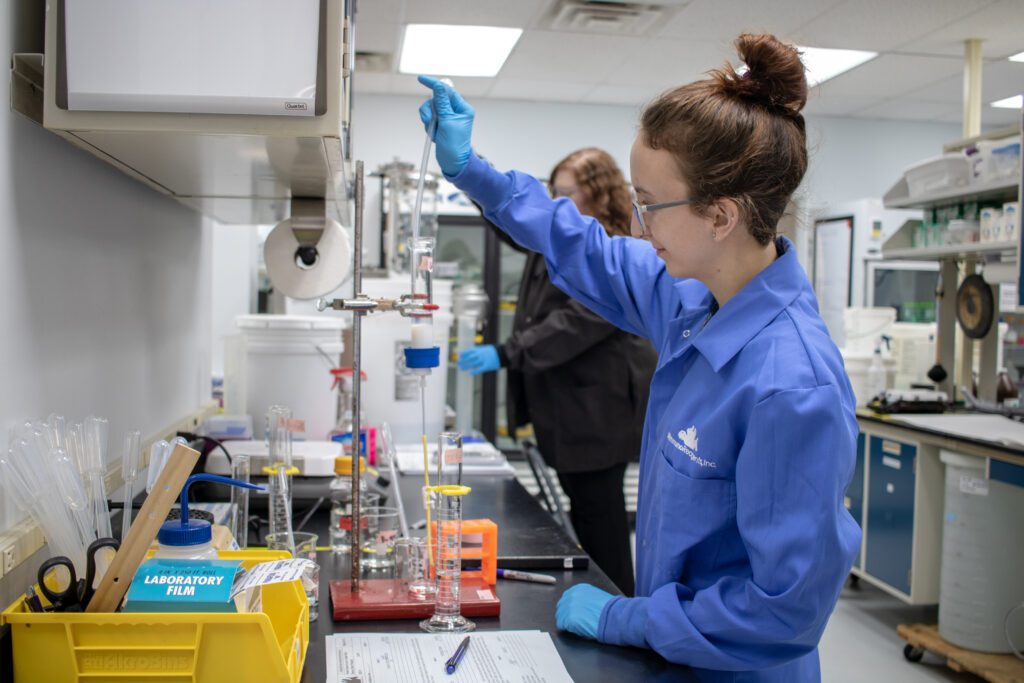Barbecue season is here, and no cookout would be complete without cheeseburgers fresh off the grill. But where that burger comes from—and what that burger is made of—may change in the coming years, as consumers begin to embrace plant-based alternative meats. It is a cultural shift that can make the foods we eat more sustainable.
Currently, livestock accounts for 15% of agricultural emissions of greenhouse gases, according to the UN Food and Agriculture Organization. Each year, a single cow releases around 220 pounds of methane, a greenhouse gas that is a major contributor to climate change, and unlike other agricultural products, such as cover crops or staple crops like oats and corn, livestock don’t give back by cycling CO2 out of the air, a report by UC Davis notes.
In recent years, companies like Impossible Foods have developed plant-based alternatives to a variety of meat products, including chicken nuggets, sausages, and most importantly, hamburgers. In addition to satisfying a vast array of diets, these alternatives, made with ingredients like soy, potatoes, and coconut, can help reduce greenhouse gas emissions.
With biotech, meat alternatives are possible
These innovations are made possible through biotechnology.
In order to give these alternatives their meat-like taste, these companies have modified certain ingredients with gene editing. For example, Impossible Foods says they use gene-edited yeast to produce their heme, a natural building block of protein that gives their burgers an authentic “meaty” taste. By producing the heme with a genetically engineered yeast, Impossible Foods explains, they are able to save water and prevent the greenhouse gas emissions that would be produced through harvesting of a plant-based heme source. This yeast-produced heme is mixed with the other ingredients to take on the texture and look of the beef patty consumers see at the grocery store.
While there may have been some hesitance by customers to accept meat substitutes, that seems to be changing. Retail sales of plant-based products in the U.S. jumped 27% and surpassed $7 billion in 2020, an indication that consumers are on their way to embracing plant-based meats, according to the Plant-based Foods Association.
How plant-based meat can reduce emissions

(Source: Quantis for Impossible Foods)
For the environment, this is good news. Depending on the substitutions and biotechnologies used, plant-based alternative meats can generate 90% less greenhouse gas emissions per quarter pound than traditional meat, according to a University of Michigan study. Switching to plant-based meats could also lower water consumption in the United States by as much as 50%, another study from UCLA says.
Plant-based alternative meats are by no means without environmental impact. They still involve many of the transportation and packaging issues that contribute to climate change, but they can be an important part of the effort to make our foods more sustainable.




